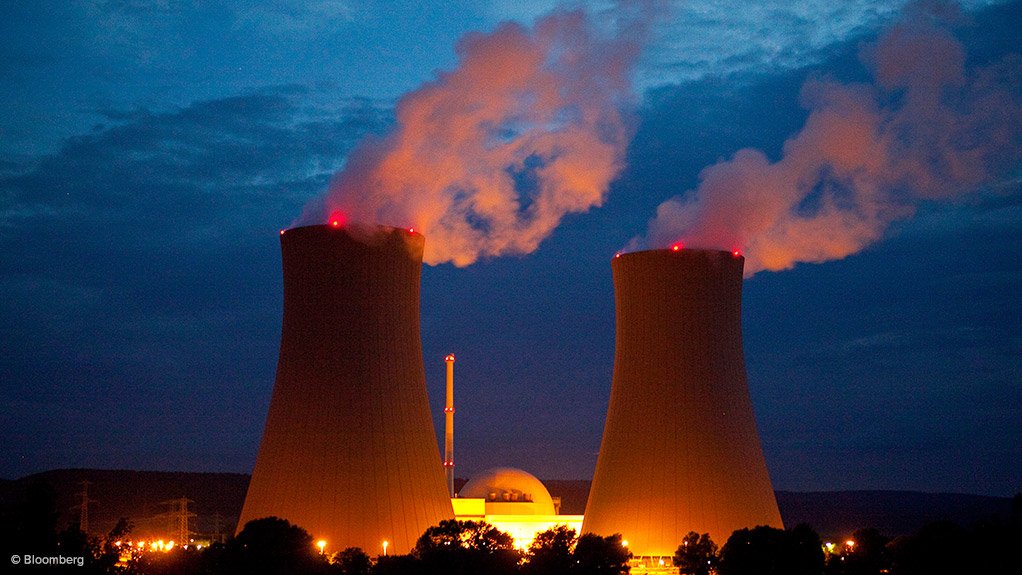South Africa’s growing energy crisis should be addressed through a well thought-through and phased programme that included economically feasible renewable-energy alternatives, nuclear energy and traditional fossil fuel-based sources, multidisciplinary engineering and consulting firm Gibb has asserted.
Addressing journalists during a media roundtable on Tuesday, Gibb power and energy GM Paul Fitzsimons said the diversification of the country’s energy mix was critical to it meeting its various developmental goals and catalysing an ascendant economic growth trajectory.
“South Africa needs to look at ways to diversify its power-generating capacity. Nationally, coal is our main source of energy, with 42 000 MW of generating capacity . . . [but], with growing demand, we have reached a point where other methods of power need to be seriously considered and implemented,” he commented.
Fitzsimons further pointed to a transformation of the global electricity sector, characterised by an acknowledgment by policymakers that a shift from a primary reliance on fossil fuels to alternate energy solutions was required.
This trend was also – to a limited extent – in evidence in South Africa, which currently generated 740 MW of electricity from wind power.
Moreover, a recent report by the Centre for Scientific and Industrial Research found that solar- and wind-based renewable-energy projects had resulted in net savings of some R800-million in 2014, validating the cost-effectiveness of alternative energy sources, Fitzsimons argued.
“South Africa has some of the world’s largest photovoltaic power stations moving towards full operation. Harnessing this readily available resource, with its decentralisation of power, can also help to build socioeconomic infrastructure and services through employing local labour to build and maintain solar plants,” he said.
The need for increased capacity would be further exacerbated by the three-month shutdown of Unit 2 of the Western Cape-based Koeberg nuclear power station for scheduled refuelling and maintenance.
Commenting on South Africa’s nuclear plan, which was currently at an advanced stage, with the procurement process due to be completed by March next year, Fitzsimons noted that the affordability of nuclear energy in South Africa still needed to be confirmed.
However, provided the procurement process was managed in a transparent and responsible manner, nuclear energy could form a critical element of a well-balanced future energy mix, he reasoned.
“Provided that arrangements are put through a proper gated process, where they have to go through prefeasibility and feasibility studies and you have the right people in place, it can be done. The right pool of resources [just] needs to be built up.
“It all boils down to good project and programme management,” Fitzsimons said.
He further cautioned that, should a long-term energy programme not be agreed to soon, South African could face continued rotational load reduction, which would, in turn, further constrain economic growth.
“We need to be proactive and, at least, start to implement solutions,” Fitzsimons concluded.
EMAIL THIS ARTICLE SAVE THIS ARTICLE
To subscribe email subscriptions@creamermedia.co.za or click here
To advertise email advertising@creamermedia.co.za or click here











